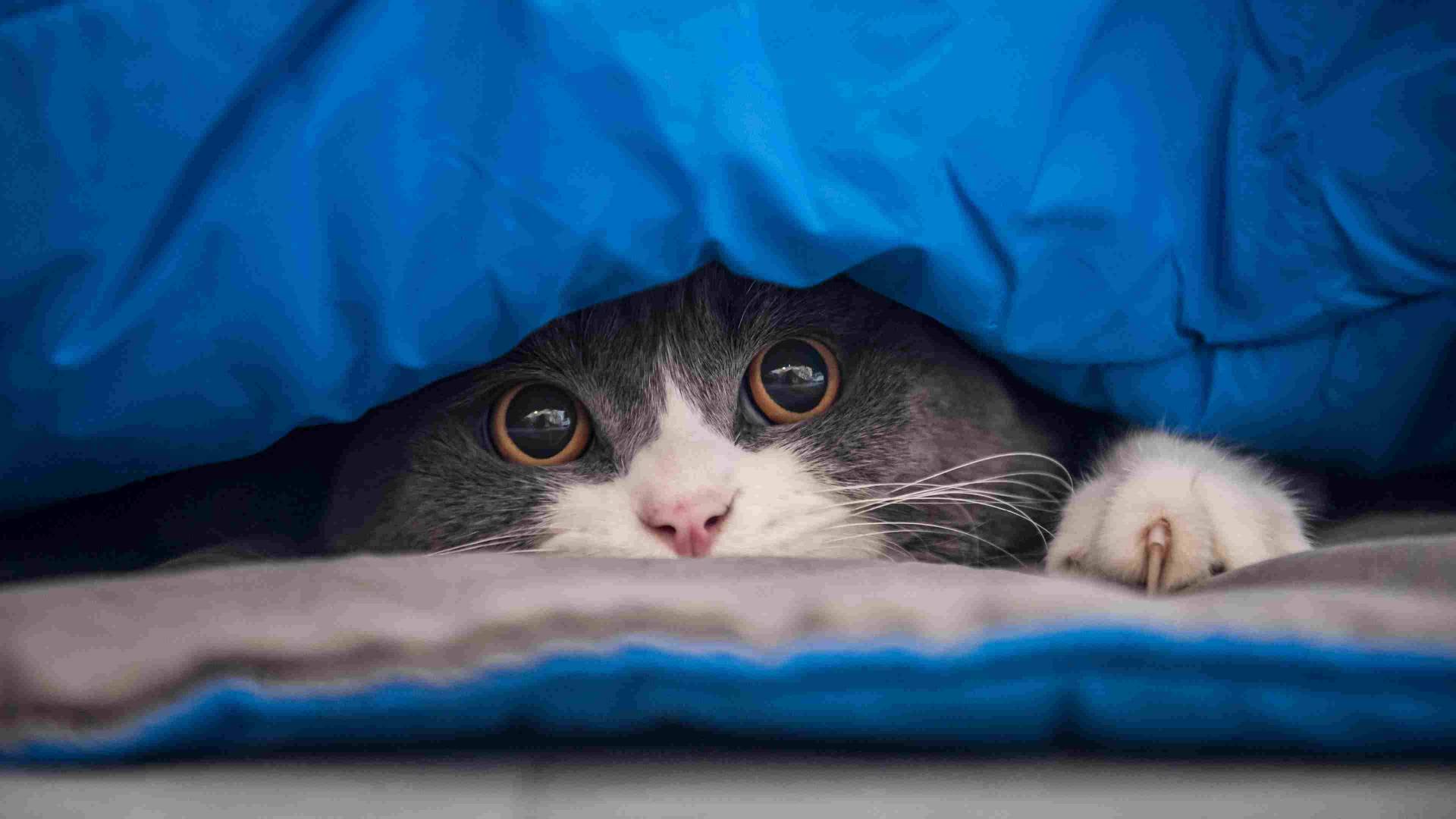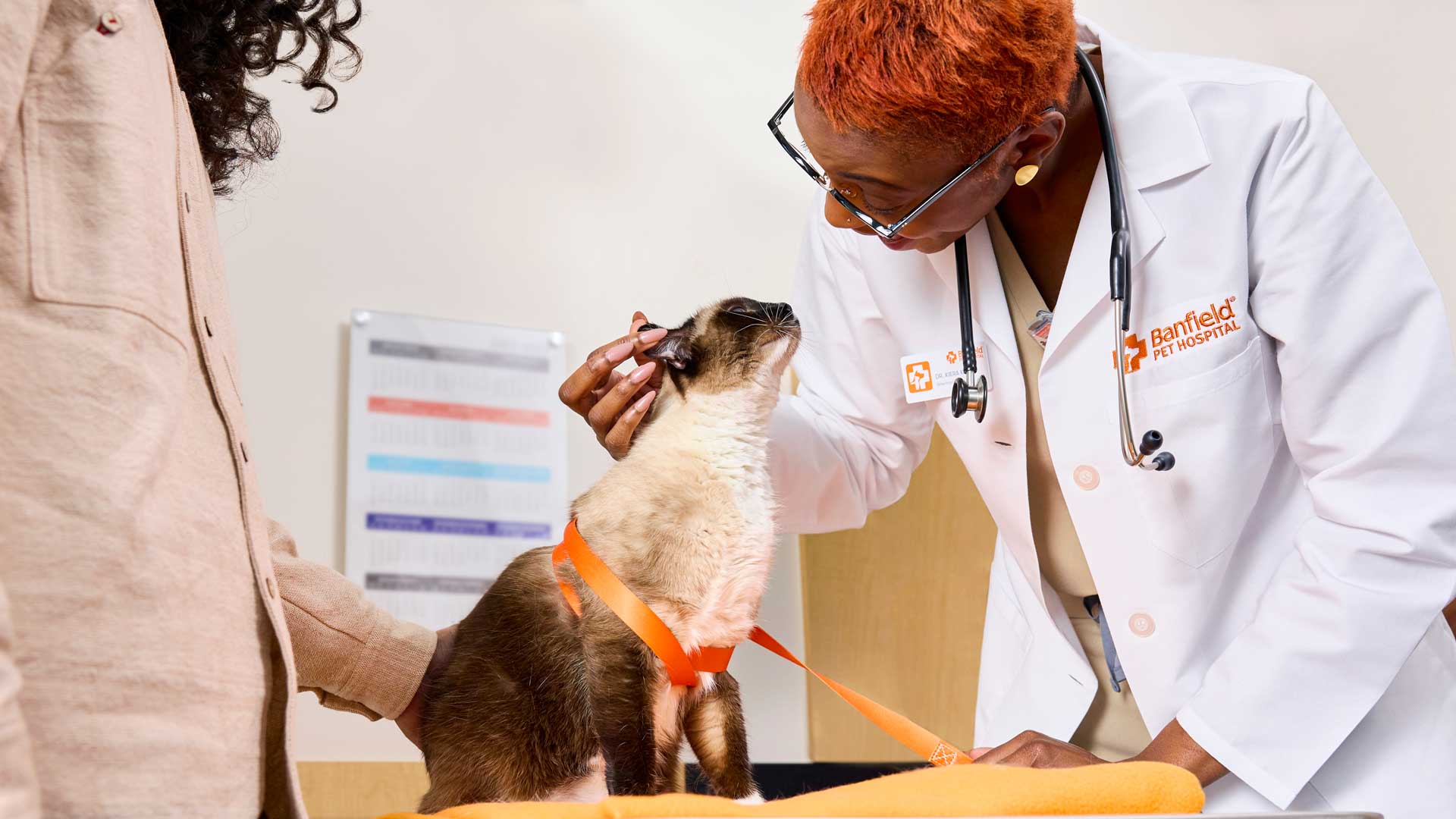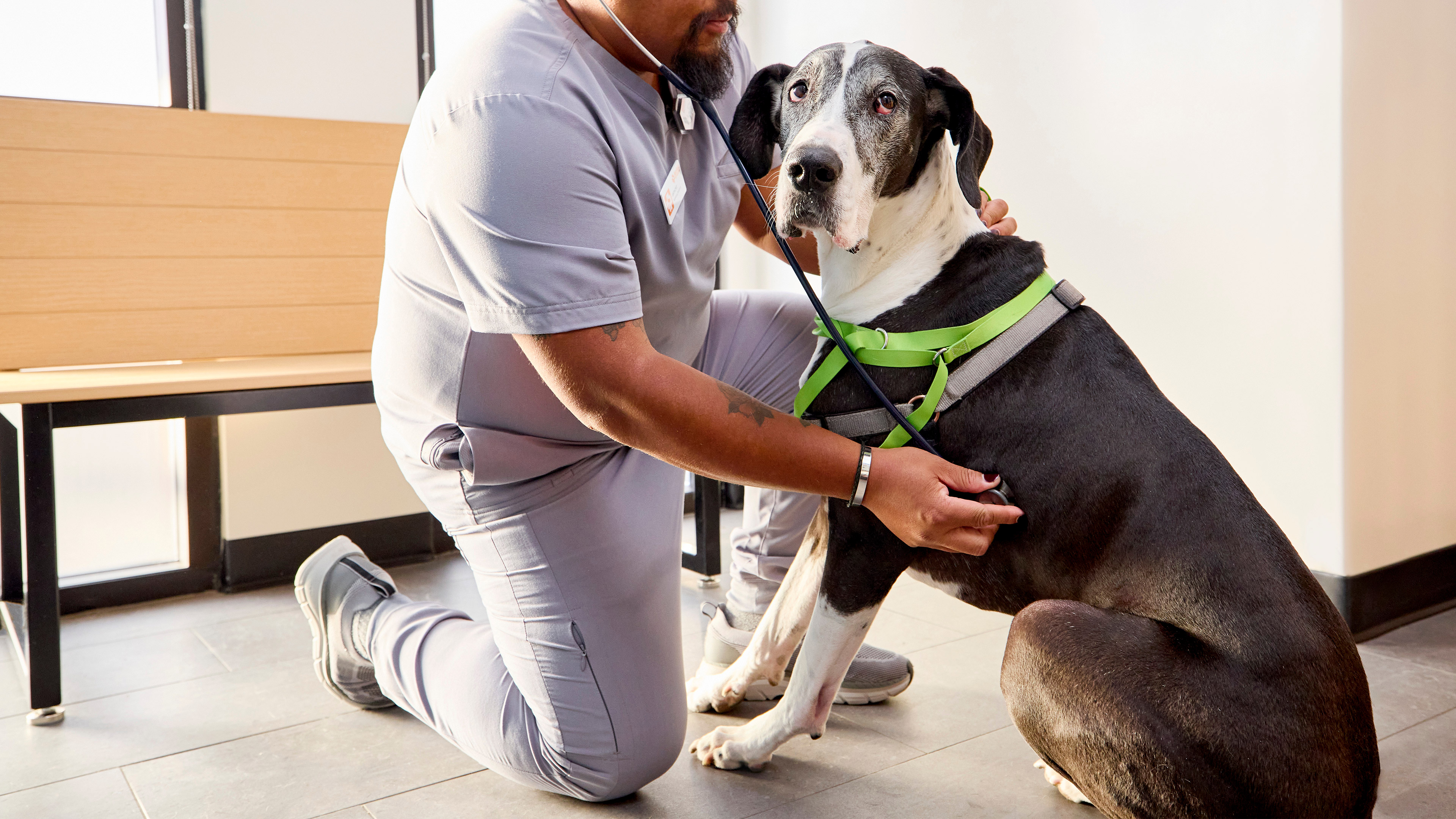Five common symptoms of a sick cat
Every cat is different. But there are a few traits shared by lots of cats, and here’s a crucial one you should know about: Many cats will try to hide illness, weakness, or pain. Meaning, if there’s something not quite right going on, your purr-pal might not be willing to let you know. And that secrecy can lead to problems.
Why do so many cats hide illness, weakness, or pain?
Imagine you’re a cat out in the wild, way back when. Predators are everywhere. So if you’re injured or sick and unable to protect yourself, you really don’t want to share that crucial information with the rest of the natural world. Better to avoid attracting attention, then heal up in private and live to see another day.
A lot has obviously changed for cats since then. But the self-protective instincts still exist, which is why your cat isn’t likely to share signs of illness, weakness, or pain with you. So what can you do?
Be observant – know what’s normal and what’s not
Nobody knows your cat better than you do. You know about the charming habits (loving lettuce, for example) and the not-so-charming (middle-of-the-night meow fest, ugh).
So just be your normal cat-loving self: attentive, observant, present. The more attention and love you give your cat, the better you’ll be at noticing potentially hidden health problems. Here are three important things to keep in mind:
- Warning signs. Watch for changes in behavior, signs of vomiting or diarrhea, blood in the urine, any discharge from the eyes, nose or genitals, an unsteady gait and abnormal breathing/panting. If any of these are happening, make an appointment with your Banfield vet team
- Sneaky stuff. Cats are great at hiding in quiet, dark places such as under a bed or in a closet. Although it can be normal to not see them for long periods of time, if your cat is hiding for longer amounts of time than usual or in a place they don’t usually hide, it might be because they’re conserving energy because of illness or avoiding pain because of an injury.
- Regular checkups. Preventive care and comprehensive exams are the best tools for early disease detection and treatment. Your Banfield veterinary team will know the right questions to ask and how to go about checking for subtle changes that may have significant impact on your cat’s health and happiness. Make an appointment
Don’t be afraid to make an appointment if you’re not sure if your cat is having a problem – we’d rather check things out and find them healthy than wait until a problem gets worse. And if you really want to just talk things out with the veterinarian first – ask for a Virtual Visit to share your concerns while sitting back on your couch!
 Mites and mange
Mites and mange Podcast - Not Just Fluff
Podcast - Not Just Fluff












